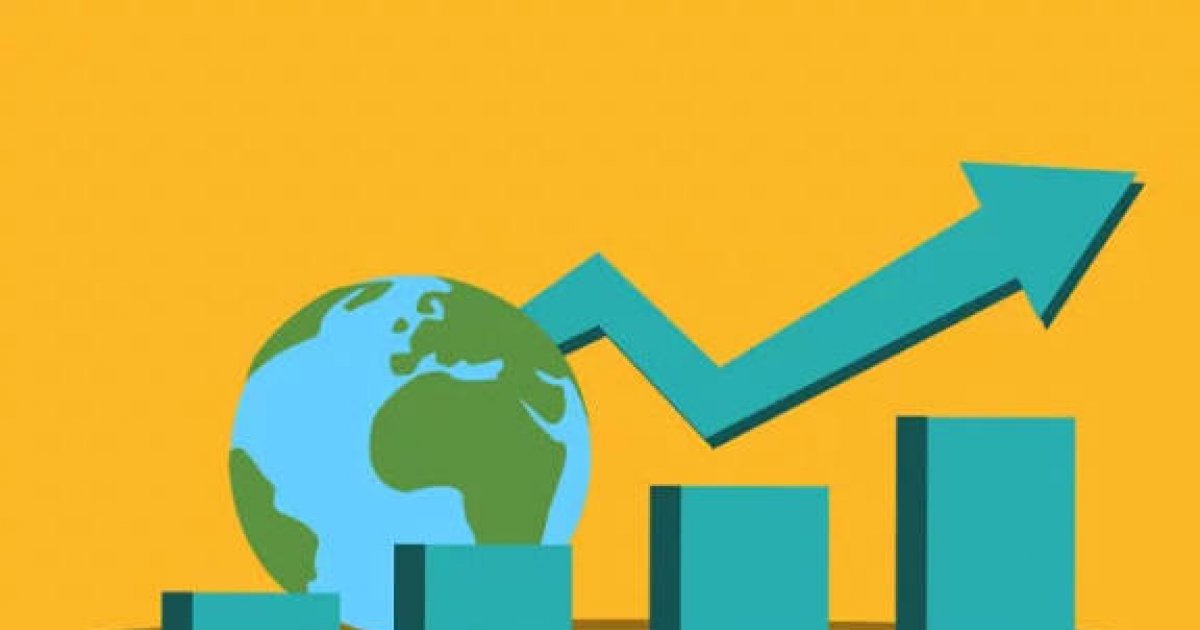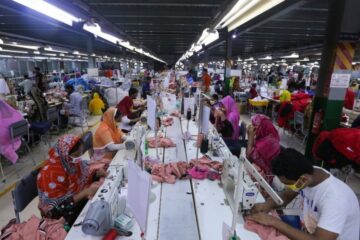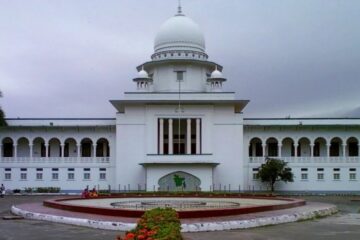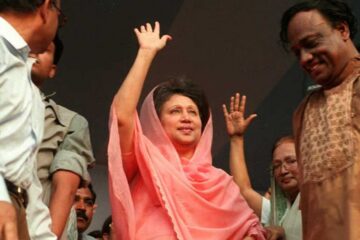Bangladesh is going through an uneasy transition with a myriad of irritants and uncertainties facing us. As we are heading for the national parliamentary election, newer challenges are surfacing every day.
The national consensus commission headed by prominent citizens and academicians, in spite of their tireless efforts, seem to be giving rise to fresh areas of dissent among the political parties. It appears the political parties are bent upon finding where they differ and how their differences can be brought to oppose each other.
The vacuum created after the July revolution has led to lawlessness and uncertainties in all walks of life. The withdrawal of police from their routine visible activities across the country, lassitude in the civil administration, and the paralysis of local government and city corporations has led to untold suffering to the common mass.
Our energy and gas sector has been severed which is struggling to meet the demand of our industries. Many of our banks have been rendered bankrupt and have come to a grinding halt without giving any reaction time to the hapless clients, many of whom are entrepreneurs.
In spite of all these, we still face no scarcity of consumer items in the country. This is only because the entrepreneurs dealing with fast moving consumer goods in particular are putting in deliberate efforts to keep their wheels running, maintaining their supply chain and facing all odds like power cuts, extortion, and negotiating unsafe roads on a daily basis. These are the entrepreneurs who invested hundreds of crore of their hard-earned money in the country, not elsewhere.
There has been some hype that Bangladesh has been made a very lucrative place for foreign investment. We have witnessed stunning presentations highlighting our prospects in investment. There are ventures like economic cones with special facilities and incentives including declared tax holidays, bonded warehouses, one stop service centres, and many others.
But in reality, we have failed to attract any sizable FDI in the last couple of years. Our lacunae in this regard are very well known to our decision makers. Besides the political instability, lack of power and gas and above all, the bureaucratic hassle, remains a terrible obstacle.
Our entrepreneurs are sore about the 15 to 16 % bank interest at present and say that no business can survive let alone make a profit in such a scenario. They blame the wrong policy decisions of the government and Bangladesh Bank. High inflation, reduced tax collection, and rising non-performing loans are making the situation worse.
By now we have well identified the bank looters who managed to smuggle out thousands of crores of taka to foreign countries, cunningly exploiting the religious sentiments and beliefs of the millions in the name of Sharia compliant banking and bonds. Following such an unprecedented drain of national wealth, the government now has decided to go for a merger of five Islamic banks, which is a bail out project at the expense of public money again.
The most surprising fact is none have been found accountable of such a large-scale financial scam, no person heading regulatory organizations have been blamed, no audit firm has been ticked, nor has any firm been pointed out for awarding fake credit rating to these ruined banks.
At the end of the day, it is only depositors and investors who will be made to bleed white. It is more worrying when we find experts telling us that these five may not be the last ones, there could be some more banks at the brink of collapse. Such a “nice” gesture on the part of the government to allow these banks to go scot free after deliberate siphoning will definitely set a bad precedent.
Recently, the Swedish Ambassador to Bangladesh was scheduled to attend an inauguration ceremony of a Swedish industry in a private economic zone in Sonargaon area of Narayanganj. Following the death of a garments worker in a wayside industry near Kanchpur, the highway was blocked for several hours. The ambassador got stuck for about two and a half hours. He came late for the occasion, exhausted and embarrassed.
When such are the uncertainties, what message does it send to investors? Why couldn’t the responsible industry resolve it? Why could the relevant authorities not make efforts to solve this? Why should it be difficult to find the defaulter for whose lapse it happened in the first place?
A successful and seasoned local entrepreneur who braved his way through all tumultuous odds in the country to reach his pinnacle, finds himself in total uncertainty today. He now finds his investments hanging in balance. Think of all the steps one would have to take: Meticulously planning the dream project employing foreign consultants and experts, importing heavy capital machinery, spending a sizable amount to fetch gas and power connection in building infrastructure including bearing the cost of diversion from the main transmission line, driving pipelines beneath the riverbed, and all other heavy infrastructural expenses. All being borne by the entrepreneur himself, but to no avail.
Assistance from the concerned government agencies is not forthcoming at all. It is really unfortunate that we don’t have the minimum level of cooperation extended to competent entrepreneurs with proven track record in the country while we vie for FDI.
Brig Gen Qazi Abidus Samad, ndc, psc (Retd) is a freelance contributor.



